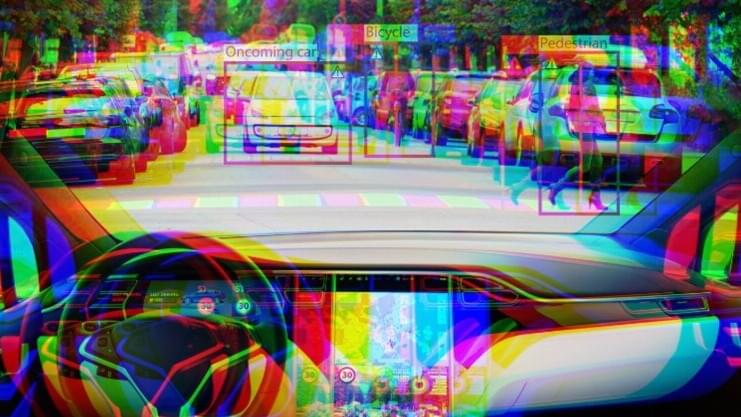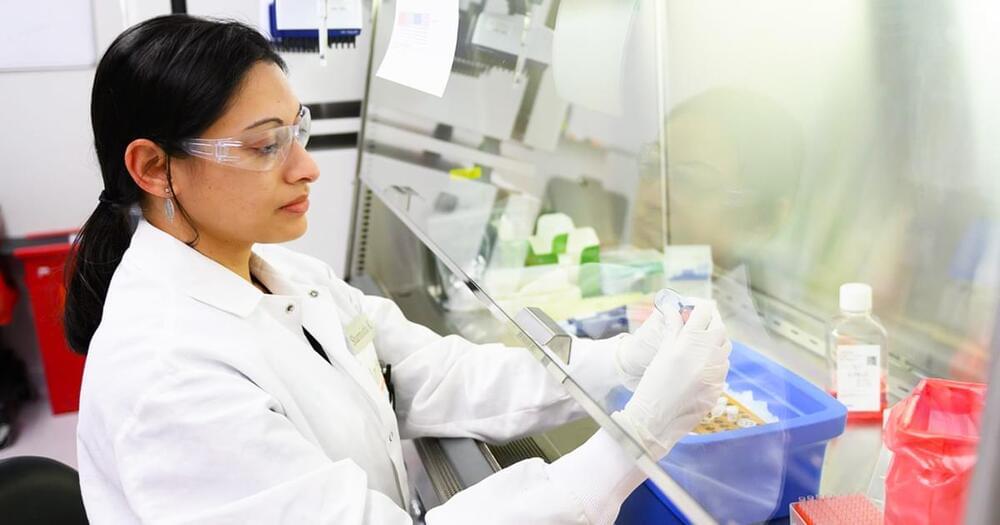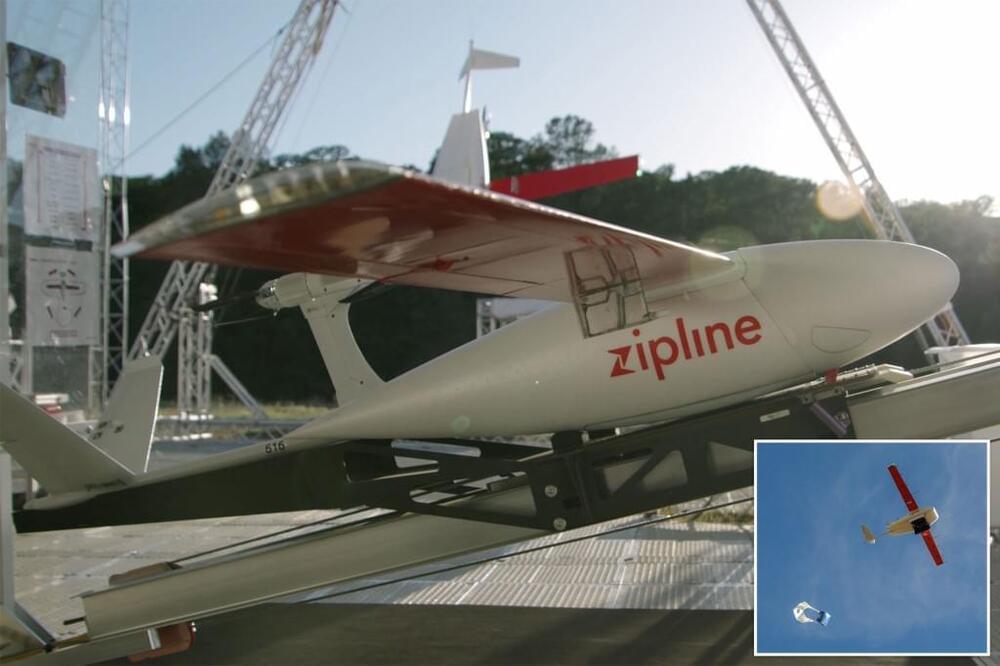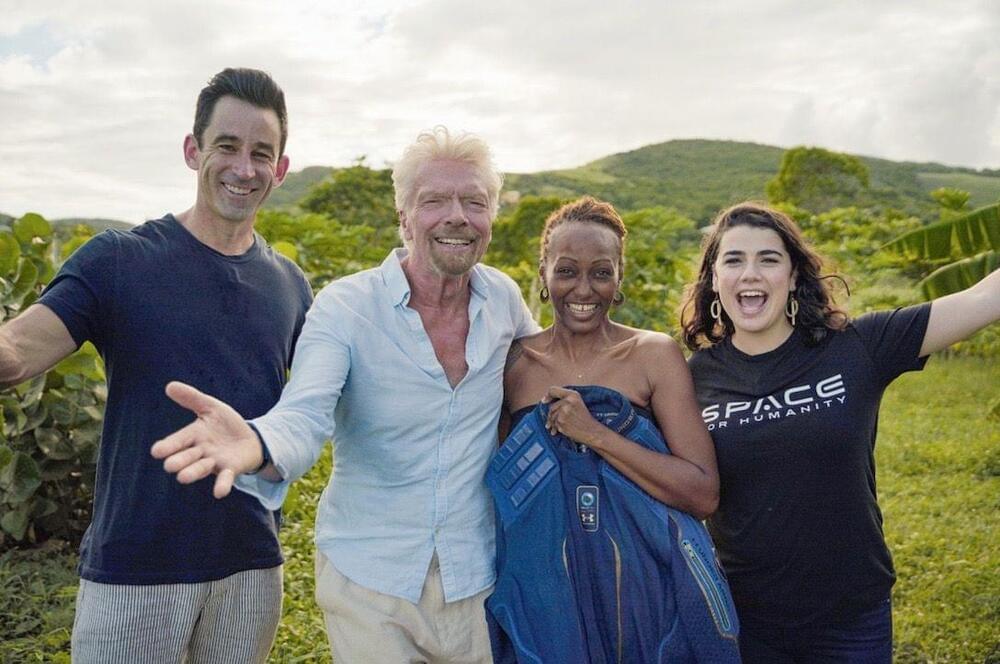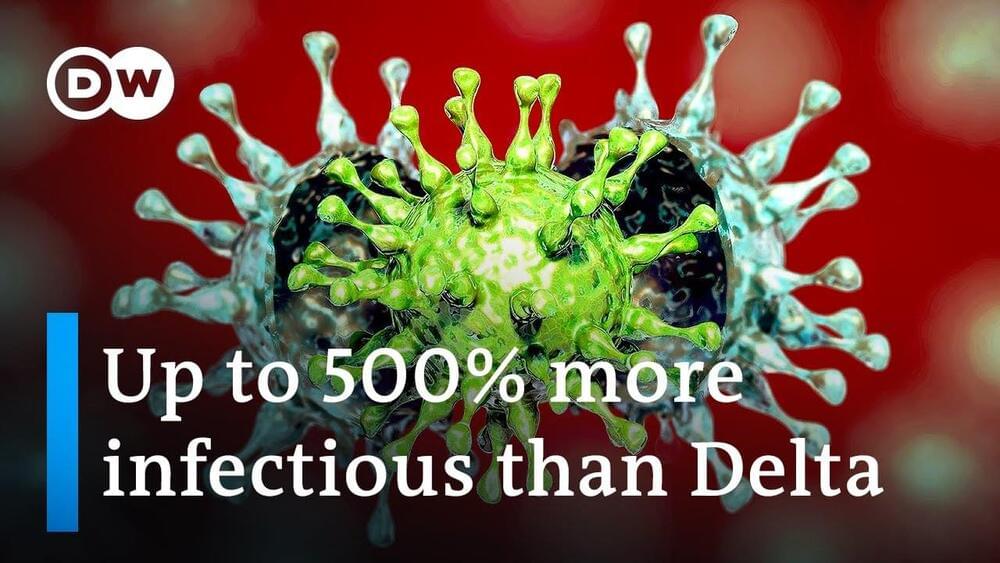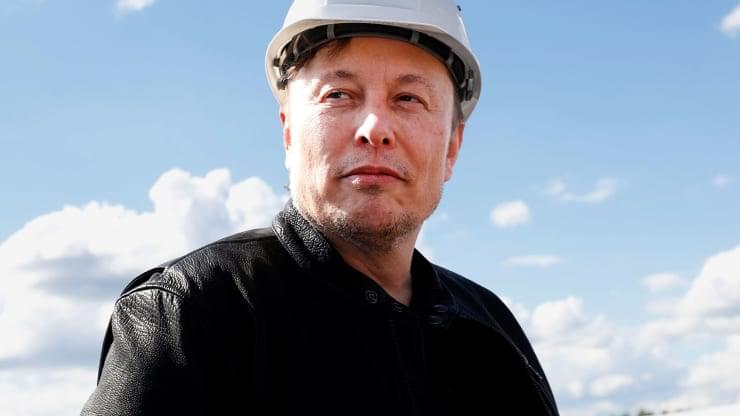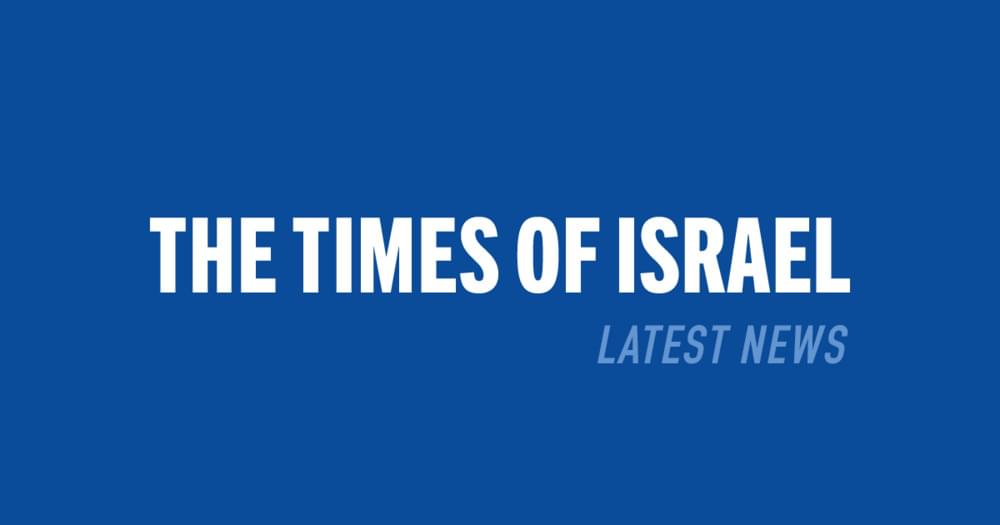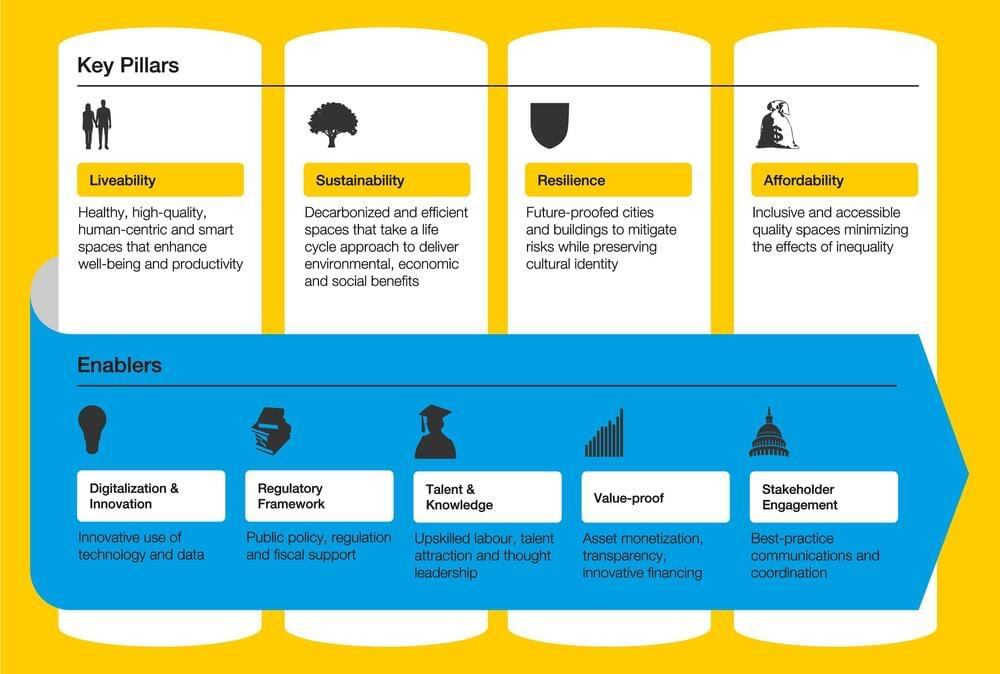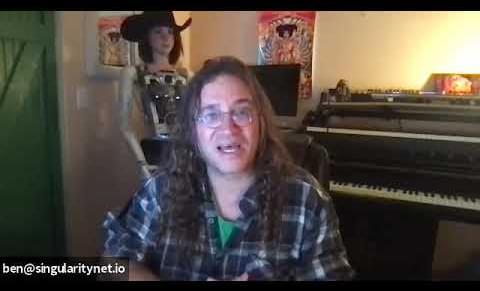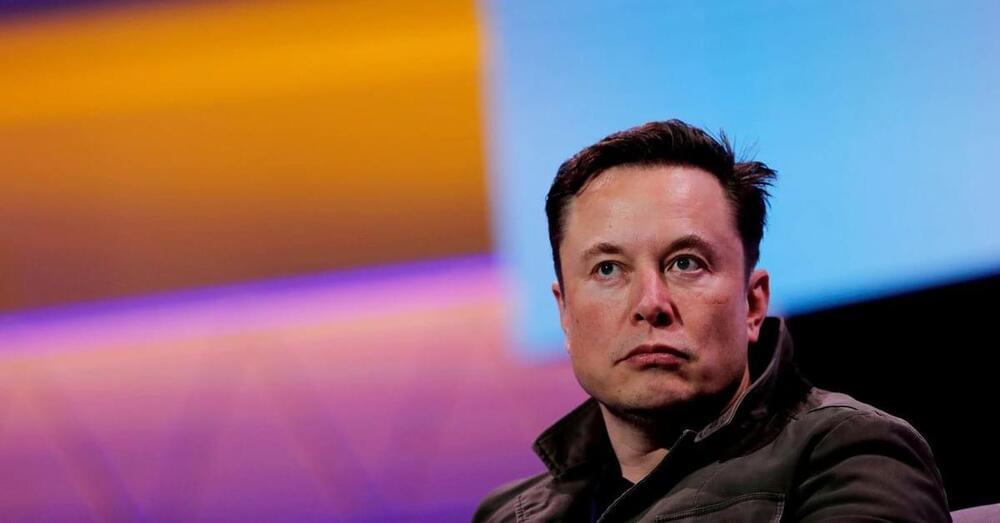Learn More.
World Economic Forum.
The gigantic roof regulates heat and light, drawing on ancient Mayan design.
Learn more about the importance of sustainable buildings.
For years many of us in the real estate community have recognized the pressing need for change. In early 2020, the World Economic Forum’s Real Estate partners set out to prepare a report on the future of real estate.
At the time, we thought sustainability had to be our core focus; sustainability in the broader sense of its meaning – clearly highlighting the importance of making real estate more environmentally friendly, but also addressing questions such as wellness, community, and the inclusiveness of buildings and urban spaces. For example, inclusiveness doesn’t touch only on city planning, architecture and accessibility, but also on affordability. All these required a concerted response from the real estate sector, from urban entrepreneurs and from policy makers.
And then came COVID-19; a pandemic that has accelerated certain trends and affected many of the underlying demand drivers of the real estate industry. The convergence of multiple crises – public health, social, economic and planetary – has served to drive home the urgency of our efforts to identify a few simple imperatives and create a set of signposts that could help the industry ‘build back better’.
